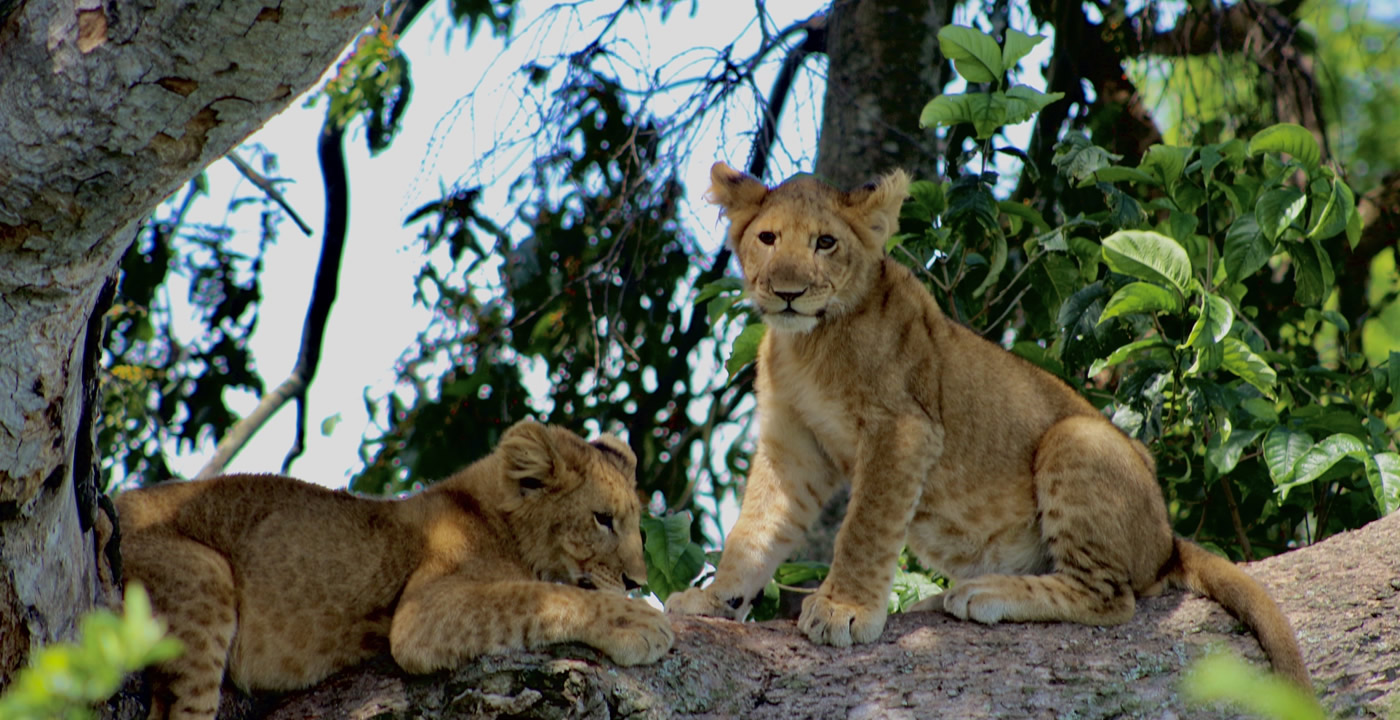On March 20th 2021, Uganda Wildlife Authority (UWA) announced that a pride of 6 lions had been gruesomely killed in Ishasha, the southern sector of Queen Elizabeth National Park. UWA could not rule out the possibility of illegal wildlife trade as carcasses of the lions were found with missing parts including heads and paws! This is not the first time Queen Elizabeth National Park is losing an entire pride of lions, on 10th April 2018, a pride of 11 lions was found dead in the northern sector of park and this was believed that the lions were poisoned in retaliation for killing villagers’ cattle. This was believable as this part of the park has long standing human-wildlife conflicts as the neighboring pastoral community, the Hamukungu, where cattle owners sometimes let their animals go beyond the village limits into the park, for greener pastures; attracting lions to an easy prey.
The recent Ishasha sector lion killings were more shocking, it happened deep inside with no closer pastoral community! Indeed, on March 23rd 2021 (3 days after announcing the killing of the lions), UWA published another press release noting that they had arrested four suspects in connection with the killing of six lions in Queen Elizabeth National Park. According to the statement, a security operation mounted by UWA, Uganda Peoples Defense Forces and Police arrested the four suspects who were found in possession of a two litter jerry can of lion fat! This confirmed UWA’s earlier fear of illegal wildlife trade; that is the last expected danger to lions that are already classified as vulnerable due to habitat loss and conflict with people. The lion population in Africa has decreased by 90% in the last century and there are currently only about 23,000 lions left in Africa and less than 500 in Uganda! This Ishasha pride was a darling to tourist due to its adaptive tree-climbing behavior.
Illegal wildlife trade and trafficking is regarded as the most profitable illegal industry just after trafficking of drugs, weapons and humans. It does not only threaten the populations of endangered animals, but also harms communities that depend on tourism, has negative consequences for the environment, and plays a huge role in the transmission of diseases like the current coronavirus whose first case was traced from the wet market in china.
We invite you to support us to keep rangers on frontline for wildlife by donating to fund our anti-poaching patrols to save Africa’s iconic wildlife including lions, elephants and primates. Please contact us on donations@caringfornature.org

